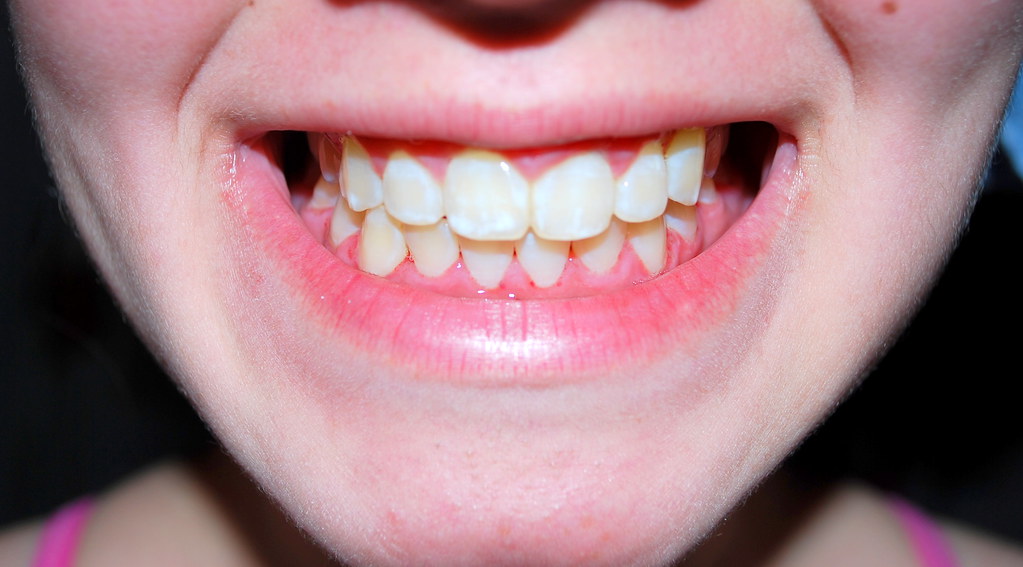Keeping Your Pearly Whites: Prognosis and Management of Periodontal Disease
Periodontal disease, also known as gum disease, is an inflammatory condition that affects the tissues surrounding and supporting your teeth. Left untreated, it can lead to bone loss, loose teeth, and even tooth loss. But the question lingers – how long can you keep your teeth with periodontal disease? This article delves into the complexities of this condition, exploring factors that influence tooth prognosis and outlining strategies for effective management.
Beyond Brushing: Unveiling the Stages of Periodontal Disease
Periodontal disease progresses through stages, each with varying degrees of severity:
- Gingivitis: The initial stage, characterized by inflamed and bleeding gums but no bone loss. Gingivitis is reversible with good oral hygiene practices.
- Mild Periodontitis: Progression leads to slight bone loss and deeper gum pockets. Early intervention is crucial to prevent further damage.
- Moderate Periodontitis: Further bone loss occurs, and teeth might become loose. Treatment becomes more complex.
- Advanced Periodontitis: Significant bone loss occurs, teeth become severely loose, and tooth loss is likely without intervention.
The earlier periodontal disease is diagnosed and treated, the better the chances of preserving your natural teeth.
The Uncertain Equation: Factors Affecting Tooth Prognosis
Unfortunately, there’s no one-size-fits-all answer to how long you can keep your teeth with periodontal disease. Several factors influence the prognosis:
- Severity of the Disease: Early-stage gingivitis has a much better prognosis for tooth retention compared to advanced periodontitis.
- Depth of Bone Loss: The more bone loss that has occurred, the looser the teeth become and the higher the risk of losing them.
- Overall Oral Health: Existing dental issues like cavities or missing teeth can impact prognosis.
- Smoking: Smoking significantly worsens periodontal disease and reduces the success rate of treatment.
- Overall Health: Certain medical conditions like diabetes can exacerbate periodontal disease.
- Compliance with Treatment: Following your dentist’s treatment plan and maintaining good oral hygiene are crucial for successful tooth retention.
The Fight for Your Smile: Treatment Options for Periodontal Disease
The good news is that periodontal disease is treatable, and with proper care, you can prevent further tooth loss and even regain some lost bone tissue. Here’s an overview of potential treatment options:
- Scaling and Root Planing (Deep Cleaning): This professional cleaning removes plaque and tartar buildup from above and below the gum line, halting the progression of the disease.
- Antibiotics: In some cases, antibiotics might be prescribed to combat bacterial infection.
- Pocket Reduction Surgery: Surgical procedures can reshape gum tissue and reduce the depth of gum pockets, making them easier to clean and preventing further bone loss.
- Bone Grafting: In cases of severe bone loss, bone grafting procedures can promote new bone growth and improve tooth support.
The specific treatment approach will be determined by your dentist based on the severity of your periodontal disease and your individual needs.
Prevention is Key: Maintaining Healthy Gums for Life
The best way to manage periodontal disease is to prevent it in the first place. Here are some essential practices for maintaining healthy gums:
- Brushing twice daily and flossing once daily: Removes plaque and bacteria that contribute to gum disease.
- Regular dental checkups and cleanings: Allows for early detection and treatment of any gum issues.
- Maintaining a healthy diet: A balanced diet rich in fruits, vegetables, and whole grains nourishes your gums.
- Managing stress: Stress can worsen periodontal disease. Consider relaxation techniques like yoga or meditation.
- Quitting smoking: Smoking is a major risk factor for periodontal disease.
By adopting these healthy habits and maintaining a consistent oral hygiene routine, you can significantly reduce your risk of developing periodontal disease and keep your smile healthy for years to come.
FAQ: Navigating the Uncertainties of Periodontal Disease
Q: I have periodontal disease. Will I definitely lose my teeth?
A: Not necessarily. Early diagnosis and treatment significantly improve the chances of keeping your teeth. Following your dentist’s treatment plan and practicing good oral hygiene are crucial.
Q: How often should I see my dentist if I have periodontal disease?
A: Your dentist will recommend the appropriate frequency of cleanings and checkups based on the severity of your condition. Generally, more frequent cleanings might be necessary in the initial stages of treatment.
Q: Are there any home remedies for periodontal disease?
A: While good oral hygiene at home is essential, there are no substitutes for professional dental treatment for periodontal disease.

